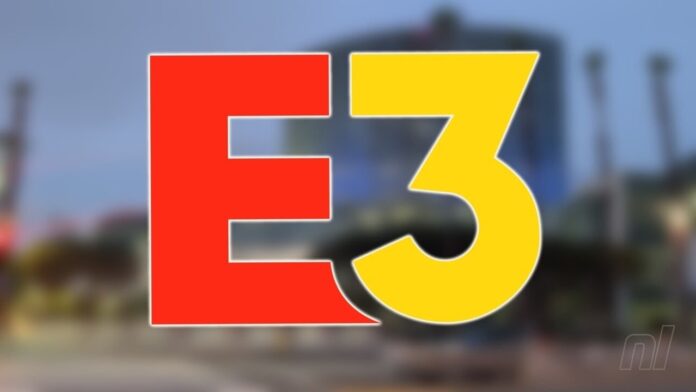The Entertainment Software Association (ESA) has officially announced the permanent cancellation of the E3 gaming show, marking the end of a 27-year era. The decision comes after the cancellation of the 2023 Expo, which struggled to maintain relevance, according to analysts.
In a statement, the organisers expressed gratitude, saying, “After more than two decades of E3, each one bigger than the last, the time has come to say goodbye. Thanks for the memories. GGWP [good game well played].” The ESA confirmed to the BBC that the event will not be revived in the future.
E3, or the Electronic Entertainment Expo, was once the pinnacle of the gaming calendar, serving as the industry’s primary showcase for new games and technology. Originating in 1995 as a trade show in LA, it gained prominence with the 2005 event unveiling major consoles like the Xbox 360, PlayStation 3, and a Nintendo Wii prototype.
Over the years, E3 faced challenges as major players like Nintendo, Ubisoft, and Sony started hosting their own events, diminishing the show’s relevance and exclusive announcements. The pandemic further disrupted E3’s continuity, leading to a pause. The 2023 event was eventually canceled due to waning interest from industry stakeholders.
Reflecting on the news, game developer Hollie Bennett expressed sadness at seeing E3 “fizzle out.” She emphasised the significant impact E3 had on the industry, stating, “Your year almost revolved around it! Nothing generated buzz like E3 did.”
Piers Harding-Rolls, Research Director for Games at Ampere Analysis, noted that gaming companies hosting their events proved to be more cost-effective and flexible in reaching their audience. He described the demise of E3 as a “significant moment for the games sector” and acknowledged its historical importance in generating pre-launch buzz and unveiling upcoming games and products.
As the gaming industry evolves, the end of E3 marks a shift in how companies engage with their audiences and share exciting developments in the gaming world.

















